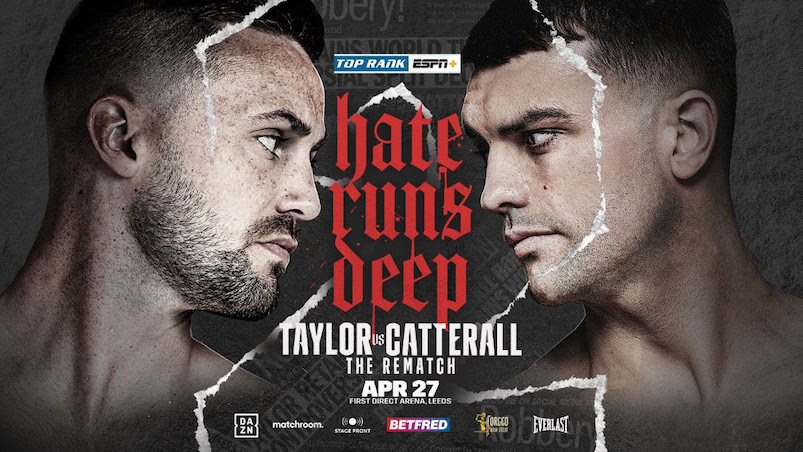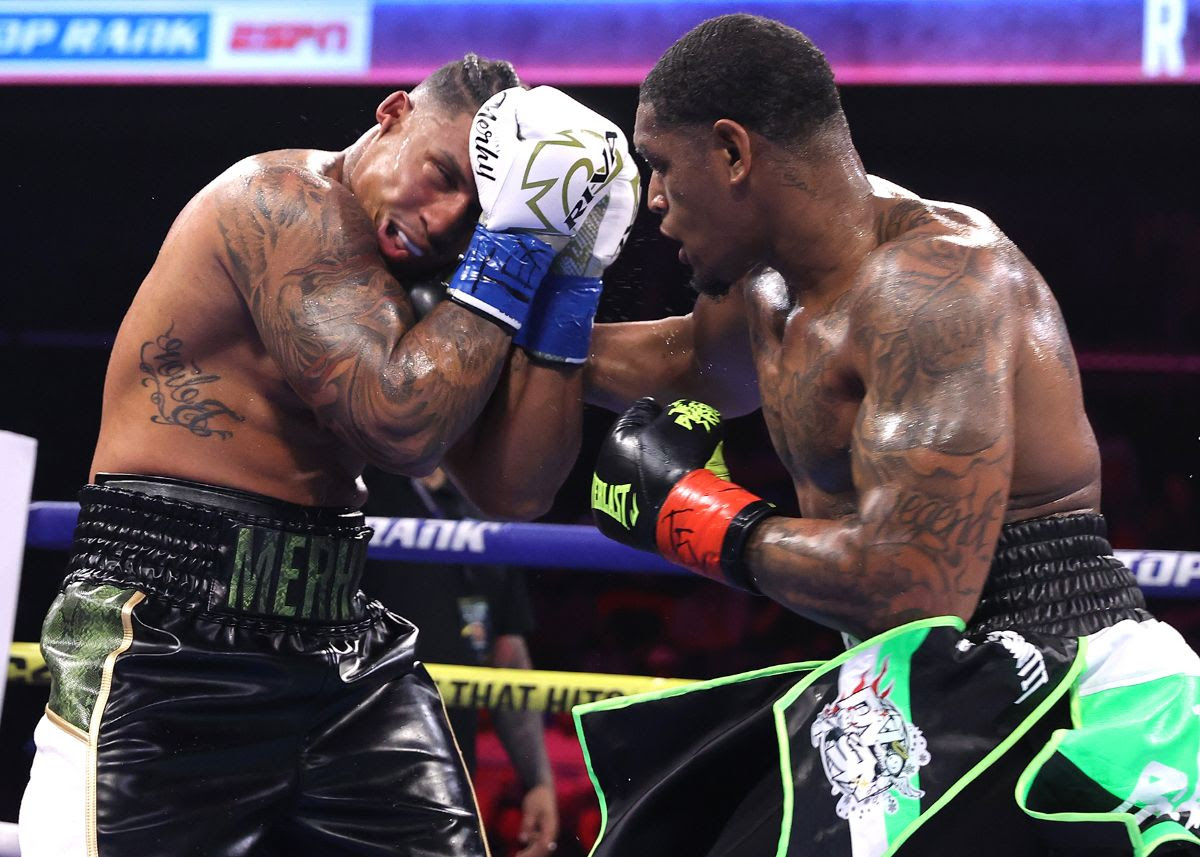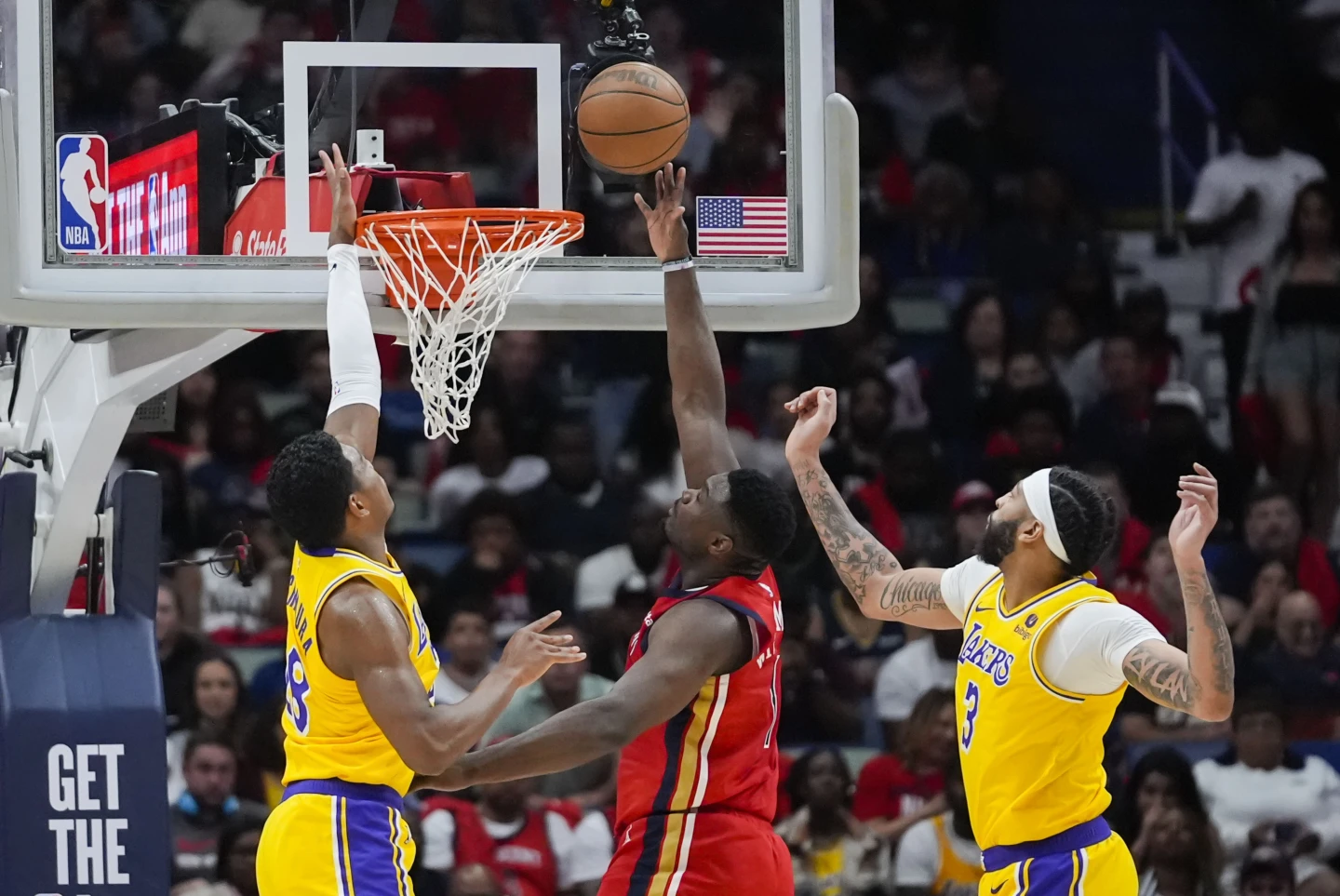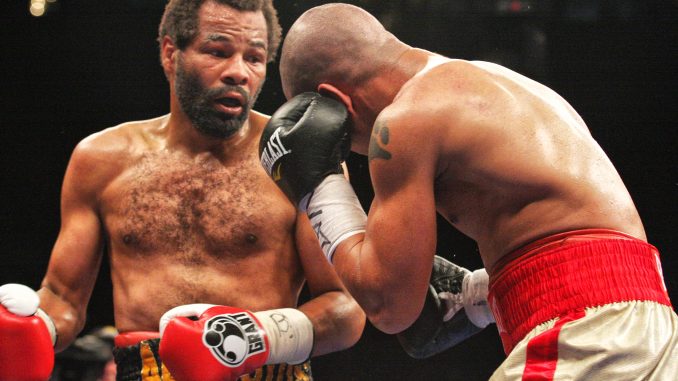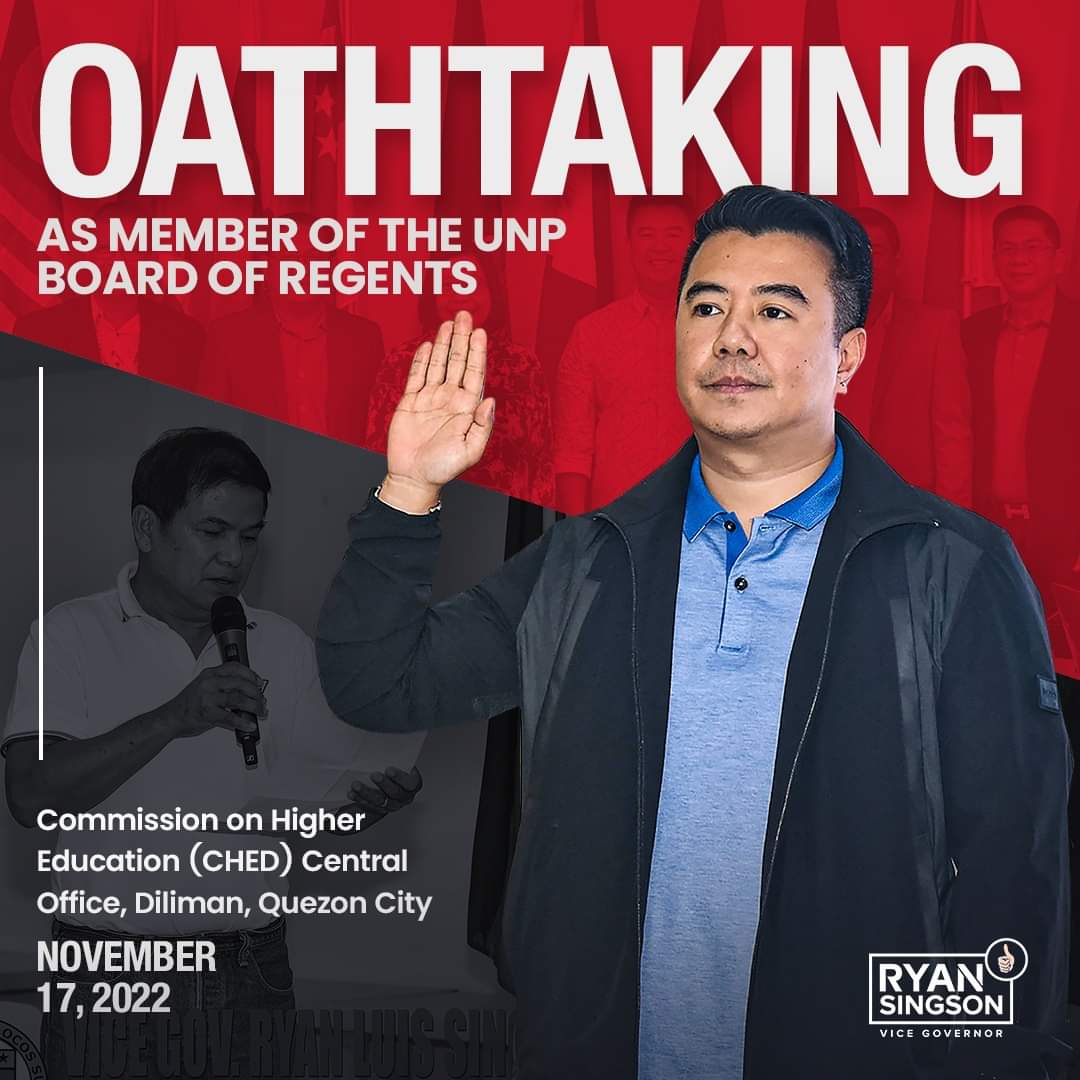While preparing for his May 2012 fight against Miguel Cotto, Floyd Mayweather Jr., then 42-0, was asked to name his toughest opponent. His answer was the same as it had always been: Emanuel Augustus. He didn’t have the best record in the sport of boxing; he has never won a world title, but,” said Mayweather, “he came to fight.”
If there is a go-to anecdote that veritable legion of Augustus enthusiasts calls on in their apologies for a fighter who retired with a 38-34-6 (20) record, this is it. It is a compliment that warrants some unpacking. Mayweather would have no problem so lavishly complimenting a fighter he was, by then, in no way competing with. Indeed, by isolating Augustus, Mayweather was effectively diminishing the challenges posed by opponents such as Jose Luis Castillo, who many argue beat Mayweather in their first fight, or Oscar De La Hoya, who fared better against the best fighter in the world than his aged form should’ve allowed. And you can trust that Mayweather expected his answer to find some traction, hence the “sport of boxing” he couldn’t resist using when pressed to speak of his trade on the record. Mayweather hedged immediately after that praise, too, inserting the often-ignored qualifier that he “took a long layoff” before the Augustus fight.
But the compliment stands—and so it should.
Augustus made Mayweather earn his twenty-fourth professional victory; there was hardly a free moment for “Pretty Boy,” who was forced to fight, and dazzlingly so, to put away Augustus in the ninth. Craft pushed Mayweather that night: you need more than talent, or physicality, or toughness to trouble so complete a fighter as the lightweight version of Mayweather.
We should take Mayweather at his word, then, just as we did James Toney—a man less calculated in his compliments, loathe as he is to offer them—when the fiercely proud fighter praised Mike McCallum as the best fighter with whom he had shared the ring. And so a .500 fighter, a career .500 fighter, not one who ran up a gaudy record before being derailed, is the best fighter this generation’s best fighter ever faced. It is for reasons like this that people like to say Augustus’s record fails to tell the story.
Are they right to do so? And if Augustus’s record fails to tell the defining story, does it still tell us something?
Mayweather himself said Augustus’s record failed to reflect the fighter’s skills. Those skills were considerable, and perhaps help explain why Augustus, who turned seriously to boxing when he “found out you could fight without going to jail,” seemed to take something of a cavalier attitude to his calling. He never studied opponents, never bothered to cater his preparation to their strengths and weaknesses. True, his penchant for taking fights on short notice could have something to do with this error of omission, though you might consider what benefits there’d be to taking even a cursory glimpse at an opponent you learned you were fighting only days earlier.
Still, in a career of more than thirty defeats, some are bound to be memorable; and for Augustus, even exalting. None more so than his slugfest with Micky Ward in The Ring magazine’s 2001 Fight of the Year. True to form, Augustus took the fight on short notice and gave his opponent hell. Augustus showed impossible stamina that night, especially considering how Ward assaulted his body. “He was the only guy to really hurt me,” said Augustus of Ward, who scored a ninth-round knockdown via his signature left hook to the ribs, en route to winning a unanimous decision.
The Ward fight, like so many in Augustus’s career, compels you to ask what Augustus might have managed had he had a proper training camp, had he some familiarity with his opponent. Could he have been a champion?
Perhaps. Though we should resist the urge to make Augustus better than he was in sketching the portrait of a fighter better than his record. A marijuana and video game enthusiast (Augustus attributes his incomparable style to Tekken) is likely to stumble in his pursuit of gold, and at some point it becomes foolish to make more of a journeyman than he is, not in the least because such artifice deprives these men of their considerable importance, of the nobility of their calling. It is enough to be a journeyman in a blood sport, however little that may bring you beyond it.
With respect to Darnell Boone, the 24-24-5 (13) fighter who, in the span of three fights in 2011, knocked out future light heavyweight champion Adonis Stevenson and dropped a split decision to light-heavyweight co-kingpin Sergey Kovalev, Augustus was the journeyman of his era. He owes much of that distinction to his style, the off-rhythm shrugs, shimmies, waves, and wobbles, that earned him the moniker “Drunken Master.” His style was one of showboating without insult, a sort of bewitching performance that transfixed opponents. There was playfulness there, in the smiles and theatrics, and frivolity too, if one considers how many narrow decisions Augustus coughed up. Still, Augustus hit opponents enough during his pantomimes to remind them that he was there to fight, and only a natural fighter could have employed that style with such unnerving effect.
It was also the style reflective of a fighter who, tellingly, once acknowledged that he “never had the killer instinct.” A man raised in the tumult of foster care, one who loved to fight, not box, but fight; who lived much of his career like a squatter, an air mattress, video game console, and a pair of boxing gloves his only persistent possessions: he is the embodiment of the fight-or-flight responses so often seen in people traumatized in their youth. Rarely are those people wired to hurt—their opponent lurks within, or in the past, not across the ring.
Even his grudge match with Courtney Burton lacked the genuine animosity that might have been expected. In their first fight, Augustus was bamboozled by referee, Dan Kelley, in what Joe Tessitore, who called the action for Friday Night Fights, called “the most egregious example of biased officiating” he’d ever seen. Tessitore’s broadcast partner, Teddy Atlas, was left in a frothy rage by the scores that awarded the undeserving Burton the win.
Augustus entered the rematch saying appropriately menacing things. “If he [Burton] don’t get knocked out, he’s gonna get embarrassed. And I don’t know what’s worse.” Yet both Teddy Atlas and guest commentator Larry Holmes, criticized the frivolity of Augustus’s style, the gratuitous movement that squandered opportunities to do real damage. Augustus got around to it though, and building on the dominance he showed in their first fight, finished Burton in the eight with a left hook to the body. By then, Burton was a shell of even the version that was gifted that bogus win over Augustus two years earlier. That Augustus took so long to put him away says something about Augustus’s ceiling as a fighter, however much we may want to elevate it, but also about the element of play he brought to the hardest game.
It is instructive here to remember that Augustus turned to boxing because he enjoyed fighting, and he gave in to that enjoyment, perhaps to his detriment. There are fighters like Terence Crawford, for whom fighting is a sanctioned opportunity to hurt people, or Manny Pacquiao, who before a few well-placed hooks to the body by Antonio Margarito, could find joy in ritualized razing; or even Margarito himself, who savored his two annihilations of Kermit Cintron with cartoonish villainy. But Augustus seemed happy in the ring, in the act of fighting itself, however frustrated he was by judges, promoters, and whatever else lay beyond his control. If he had a chip on his shoulder for how the game had used him, it was hard to see it translated into how he fought, and you have to wonder how he might’ve benefited if it had.
One fighter unlikely to ponder such things is Ray Oliveira. In the eighth round of their 2005 fight, Oliveira suddenly grabbed the back of his head and turned away from the action. Referee Steve Smoger called time and asked Oliveira if he wanted to see the ringside physician. Oliveira declined, and the fight resumed; a puzzled and compassionate Augustus never threw another headshot. When the round ended, the fight was stopped, and Augustus took the victory. Oliveira never fought again, and thankfully had the capacity to make that choice. How much does he owe Augustus, the man who was in his corner consoling him at fight’s end, for that?
His record certainly doesn’t tell that story, does it? What it does tell is the story of a fighter who lacked a proper promoter and manager. It tells the story of a fighter who, even if he still lost to the best fighters he faced, needn’t have had to take so many fights on short notice, or on the road, where he was at the mercy of hostile promoters and commissions. In an interview with Athletes Quarterly, Augustus’s longtime friend, A. J. Morvant, had this to say about boxing’s treatment of his pal: “There were lots of times when promoters knew they wanted Emanuel to fight. And they would give him a week’s notice so he couldn’t train properly. There’s walking around shape, there’s training shape, and there’s fight shape. Emanuel almost never had a chance to walk in the ring against a good fighter in fight shape in his life.”
As much as promoters and managers are rightly vilified for their predatory practices, by definition, they work for fighters. Augustus simply didn’t have the proper ones in his employ. Augustus’s record? It tells the story of a journeyman, albeit one with the talent to be more in an era where some well-connected fighters are groomed to be stars with little more than journeyman talent.
* * *
Opening up about his time in boxing, Augustus once remarked, “The last thing I want to happen is for me to leave boxing and people say, ‘What a shame what happened to him.’” In a sense, he got his wish. Augustus retired in 2011, after taking one last short-notice fight, suffering one last shameless heist on the scorecards, this one to welterweight prospect Vernon Paris. There seemed no more fitting end for Augustus than to walk away then. Nearly four years later, Augustus was hit in the back of the head by a stray bullet fired during an argument between two men he didn’t even know. Augustus survived the bullet—but the nerves in his face, his vision, his coordination, his memory, will never escape its searing journey. What happened to him that October 2015 night was yet one more cruel test in the life of a man who’d have been defined by injustice had he not laughingly told it to fuck off.
“If you were watching my fight, I wanted to give you your money’s worth.” One wonders if Augustus remembers offering this quote. There’s little doubt we’ll remember the ways he made good on it.
©HannibalBoxing


